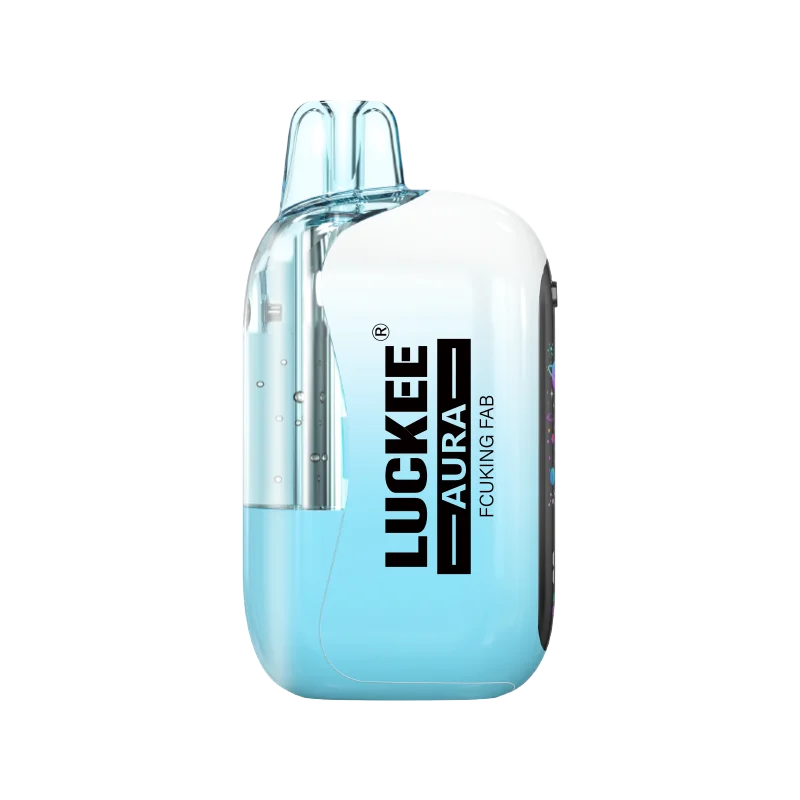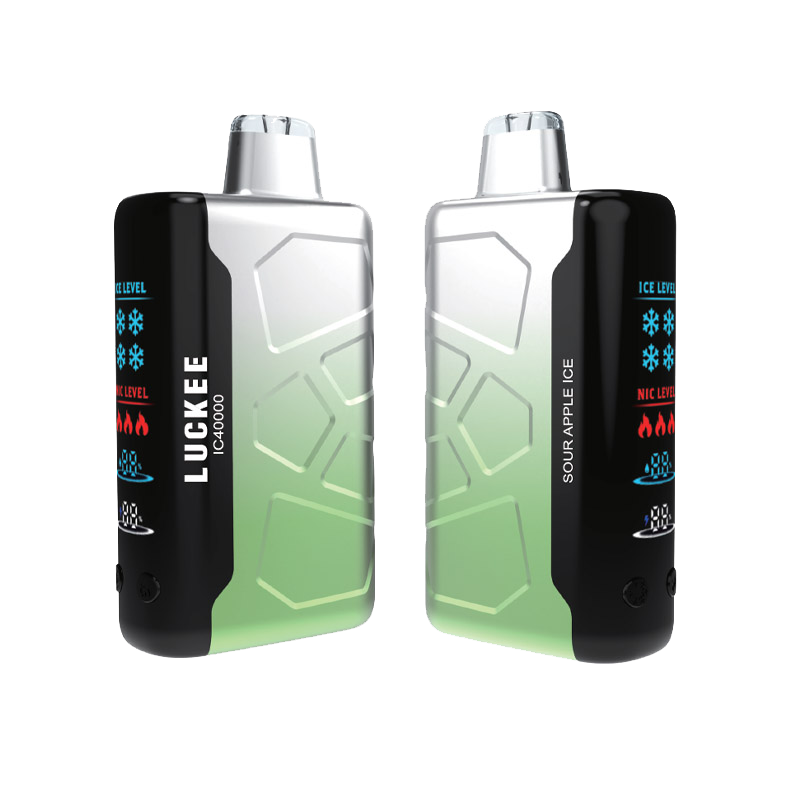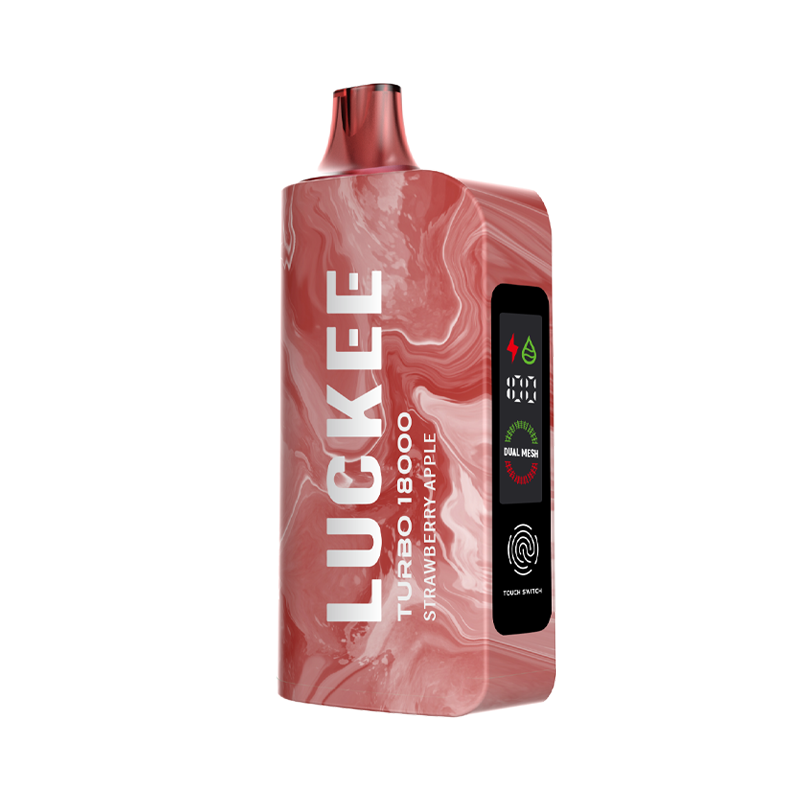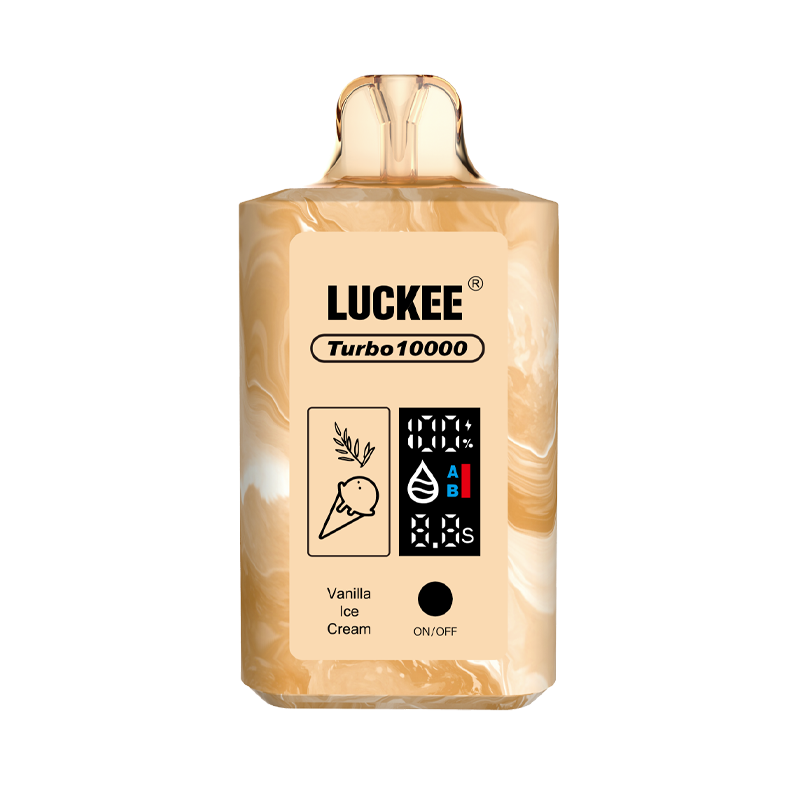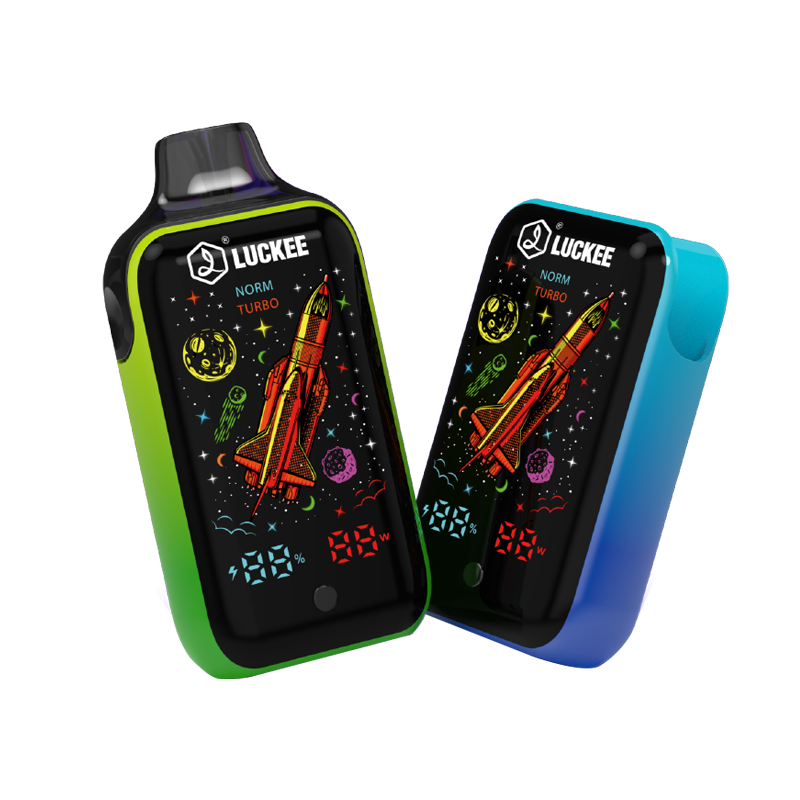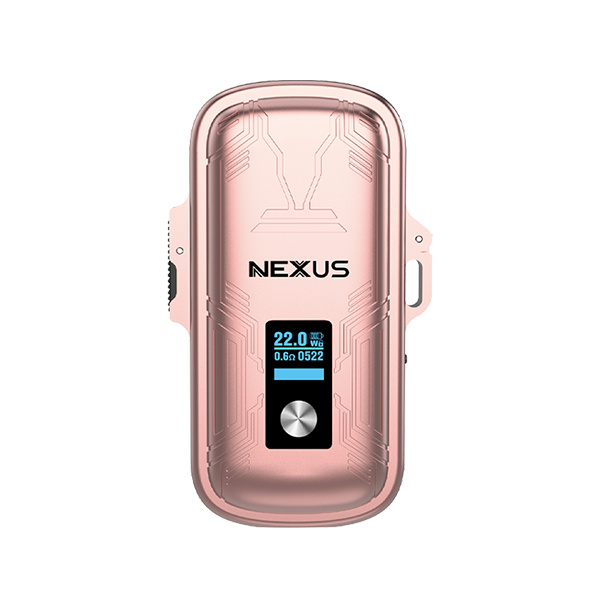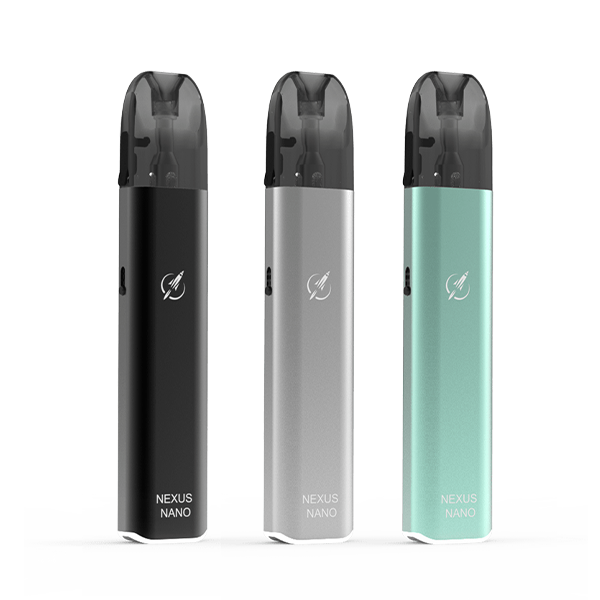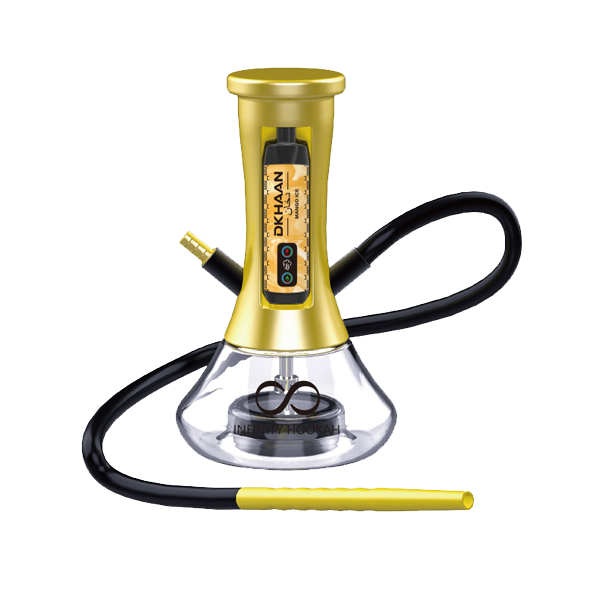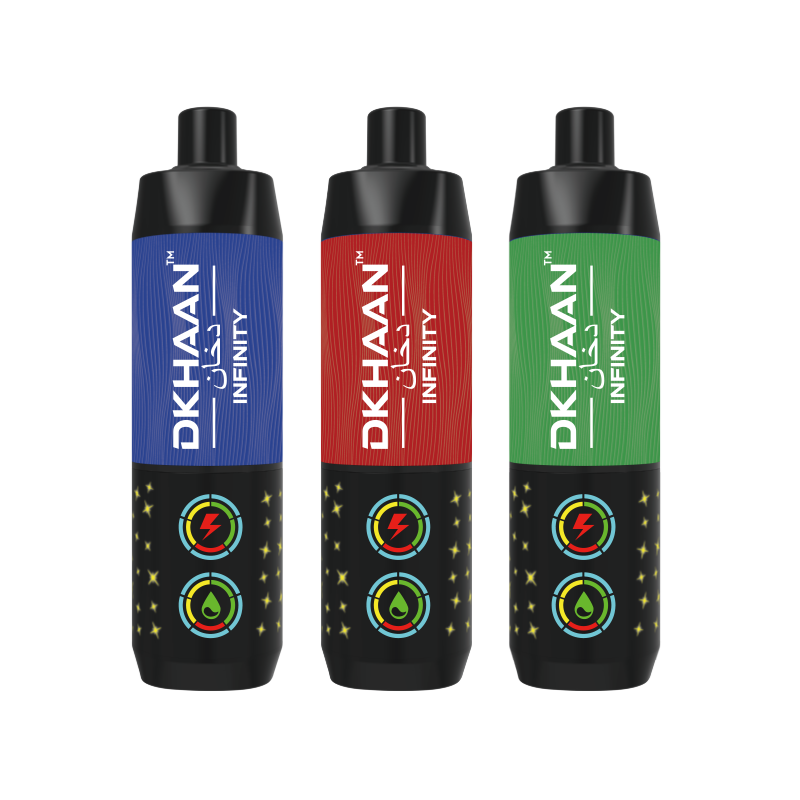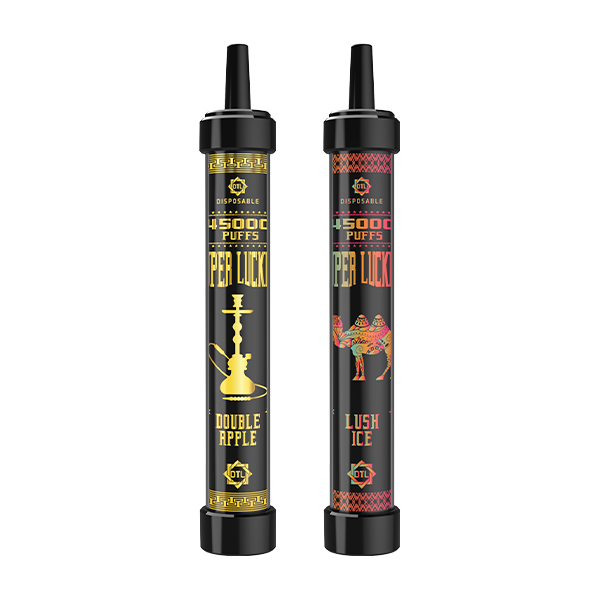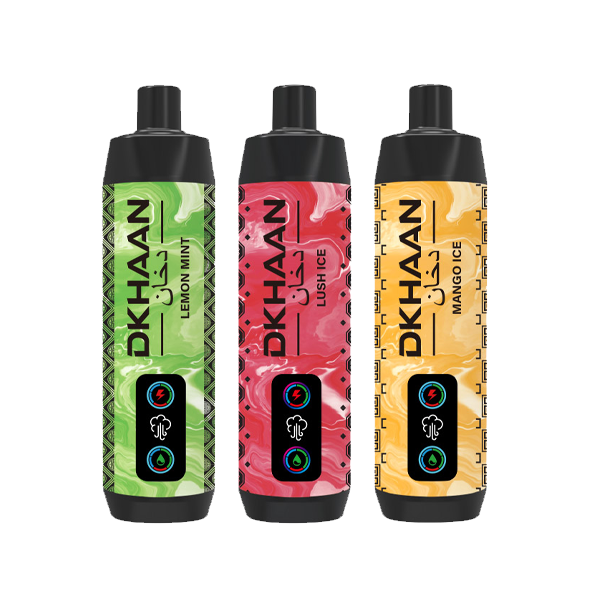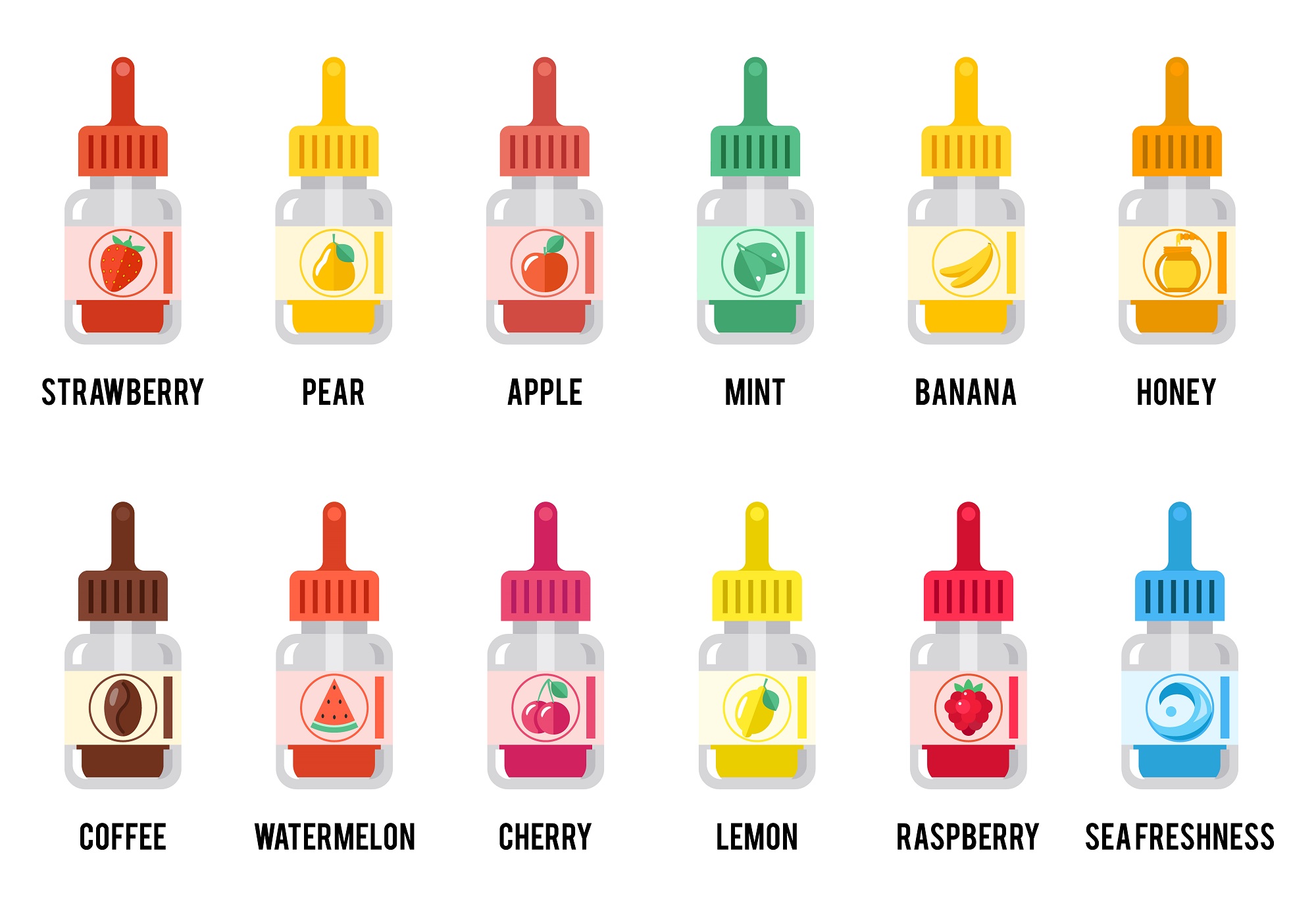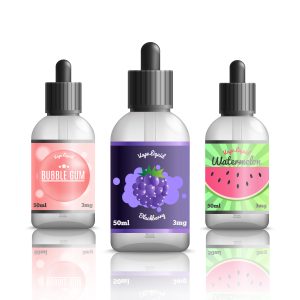If you visit vape stores or vape websites, you’re likely to see a wide selection of colorful pods, cartridges and bottles filled with flavored e-liquid, or vape juice. The vape juice is heated in e-cigarettes and vape rigs, and it creates an aerosol that users inhale.
Vape juice comes in a variety of flavors, including candy, bubblegum and children’s cereals. Johns Hopkins cardiologist Michael Blaha, M.D., M.P.H., discusses vape flavors and other e-liquid ingredients, and how they may affect health, particularly for children and teens.
What is in vape juice?
Flavor is just one of the ingredients in e-liquid. Vape juices usually include nicotine and many other additives and chemicals, and Blaha says the unpredictable variety of ingredients is a problem. Even the heating coil, which allows the liquid to become an inhalable aerosol, releases new chemical substances and trace metals that go into the user’s lungs.
“There are so many ingredients in e-liquids, and to date, no one is taking responsibility to account for them,” notes Blaha. He explains that while there may be production standards for commercial e-cigarette companies, standards for vape shops, off-brand online vendors or “homemade” vape juice blends are less consistent.
“Vape juice can contain a variety of things that could be toxic,” Blaha says. There can be flavors, dyes, nicotine, THC (the ingredient in marijuana that causes a “high”) and other substances. “There are all kinds of concoctions,” he says. “For example, there are reports that people may put essential oils, multivitamins or traces of medicines into e-liquids.”
Is vape juice safe?
Some of these additives found in e-liquid are dangerous — even deadly. For example, vitamin E acetate has been indicated in EVALI, which stands for e-cigarette or vaping product use associated lung injury. This is a potentially fatal syndrome associated with vaping, and it was on the rise in 2019. Vitamin E acetate is OK to eat, but dangerous to inhale.
“There’s no doubt about it,” Blaha says. “Some of the chest X-rays of patients with EVALI show signs of oily chemical irritation of the lungs.
“So when it comes to inhaling vape juice, we don’t know what’s ‘safe.’ You may be able to eat something safely, but if you inhale it, there may be a harmful effect.”
Blaha says there’s limited evidence that vape juice flavors themselves are dangerous to individual users. But there are unknowns — research suggests that flavors, when combined with other vape juice ingredients and heated, can create new compounds that may be harmful.
Inhaling harmful substances can affect more than just the lungs. Some vaping enthusiasts describe a phenomenon called vaper’s tongue, which causes a sudden full or partial loss of the ability to taste.
How do vape flavors affect teens?
As a specialist in heart disease, Blaha treats patients who have urgent reasons to quit smoking cigarettes. These patients are often older adults who may have heart disease associated with smoking, and Blaha says they are motivated to quit. For the smaller group of adults who have unsuccessfully tried all strategies approved by the Food and Drug Administration to stop smoking, vaping and using e-cigarettes may help them kick the habit. Some prefer using flavored vape products as a way to help quit smoking, with the ultimate goal of complete cessation from all tobacco products.
But Blaha is particularly concerned about e-cigarette use and vaping among young people, and the surging incidence of vaping among kids who have never smoked.
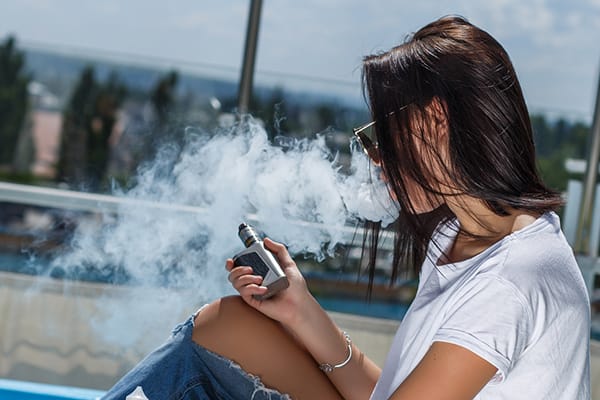 These young people are vulnerable to becoming addicted to the nicotine in vaping devices and e-cigarettes, and flavors may be making vaping more appealing to them. Blaha observes that the appeal of vape flavors, rather than flavor ingredients themselves, may have a broader danger to the public.
These young people are vulnerable to becoming addicted to the nicotine in vaping devices and e-cigarettes, and flavors may be making vaping more appealing to them. Blaha observes that the appeal of vape flavors, rather than flavor ingredients themselves, may have a broader danger to the public.
“The key thing about flavors is that they seem to appeal to young people,” he says. “There is evidence that kids like the flavors like bubble gum, fruit and candy, and like trying new ones. For a lot of young people, it might be that the only reason they vape or use e-cigarettes is because they like the flavors.”
While more research may determine the overall harm from vaping, it is already clear that using “homemade” or unregulated vape juices can introduce unknown and potentially harmful substances into users’ lungs. Another main concern is the addictive nature of nicotine in vape juice or any tobacco product.

